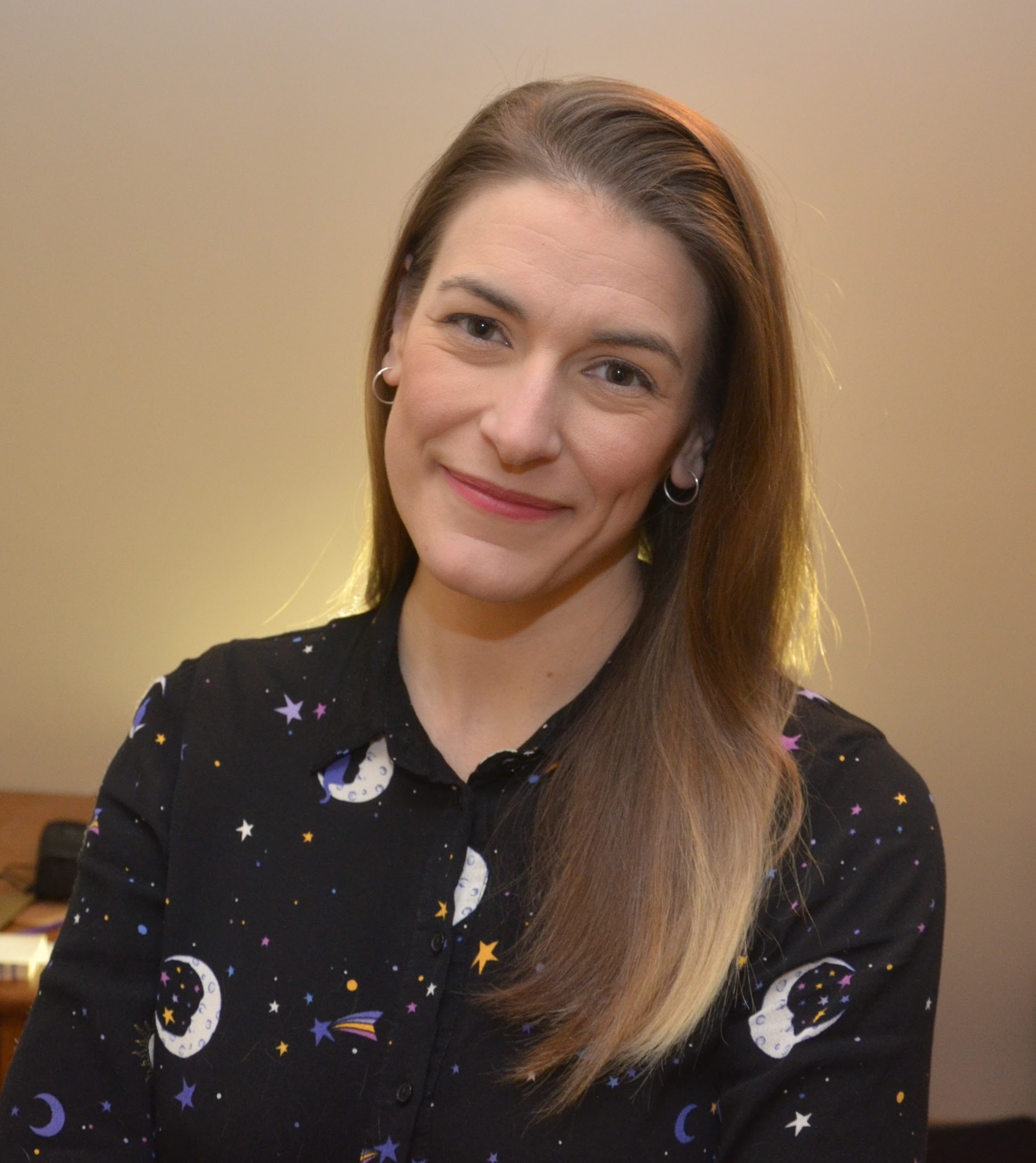My life as a Bachelor of Public Health student during the COVID-19 pandemic
By: Pascale Marchand

My alarm rings at 7 a.m. I hit snooze six times. My dog nudges me persistently. I roll out of bed. My body is stiff; my hips won’t bend and neither will my knees as I make my way down the stairs. I make coffee. I sit in front of my computer. I join back-to-back Teams meetings for school and work. With my camera turned off and microphone muted, I make lunch and eat. The day slips by. By dinner time, I disconnect. If I’m lucky, I go for a walk with the dog. I’m back on my computer doing homework until I force myself to stop at 9:30 p.m. I’ve given up on my social life. I’m in bed by 10 p.m. The whole thing repeats itself the next day.
This was the fog of my third year of the Bachelor of Public Health, Honours, at Brock University in St. Catharines, Ontario. Or rather: Brock University from my home office and dining table in Hamilton, Ontario.
As a mature transfer student, I juggled between my full-time responsibilities: school in St. Catharines, work in Toronto, and home in Hamilton. By March 2020, with the emerging coronavirus situation at work and midterms at school, I was burnt out. The switch to online learning and the privilege of working from home meant that I gained four hours of my life back, per day, from the lack of commute.
Unlike the 2019-20 school year, I was mentally prepared for online learning this year (2020-21).
Organization and pacing were a struggle. There was no delineation from one task to another. I lived by my Outlook calendar events and reminders. I referred daily to my chronological colour-coded table of readings, quizzes, assignments, and exams. I felt a sense of accomplishment every time I crossed a completed item off the list.
Every course included group work. We scheduled weekly meetings to check-in on each other; used Project to develop a project management plan to complete our assignments, delegate tasks, and set interim deadlines to stay focussed; and used WhatsApp or Messenger to stay in touch.
We could not have done it without technology. A reliable internet connection was a requirement. It was a barrier for those whose bandwidth struggled to sustain the demands of videoconferencing. The Sakai learning management system was a reliable hub for announcements, assignments, and lectures. Microsoft 365 meant our groups could work on documents simultaneously.
We awkwardly watched our professors struggle with the technology during synchronous lectures. Videos would play without sound. Connections would drop. PowerPoint slides would not load properly. My favourite was the “raise hands” feature everyone forgot to lower after they spoke. “Is that a residual hand?” our professors would ask. Worse still, if they thought your residual hand meant you wished to answer the question and they called out your name. “Uh… could you repeat the question?”
Asynchronous classes were a constant battle against procrastination. There were too many moments where I told myself “I can do it later” . Until “later” becomes “too late” and it is time for the weekly quiz, and I had not watched the week’s lecture.
Some professors regularly expressed their support for our mental health. It looked as if some were struggling themselves. Brock’s mental health promotion was constant. Overall, there was room for compassion in these uncertain times.
This past school year felt both isolating and uniting. My peers and I lived through history together. To study public health during a pandemic is exceptional. It is a lived-experience that I will carry with me forever.
Pascale Marchand
Brock University, Bachelor of Public Health, Honours, 3rd year
